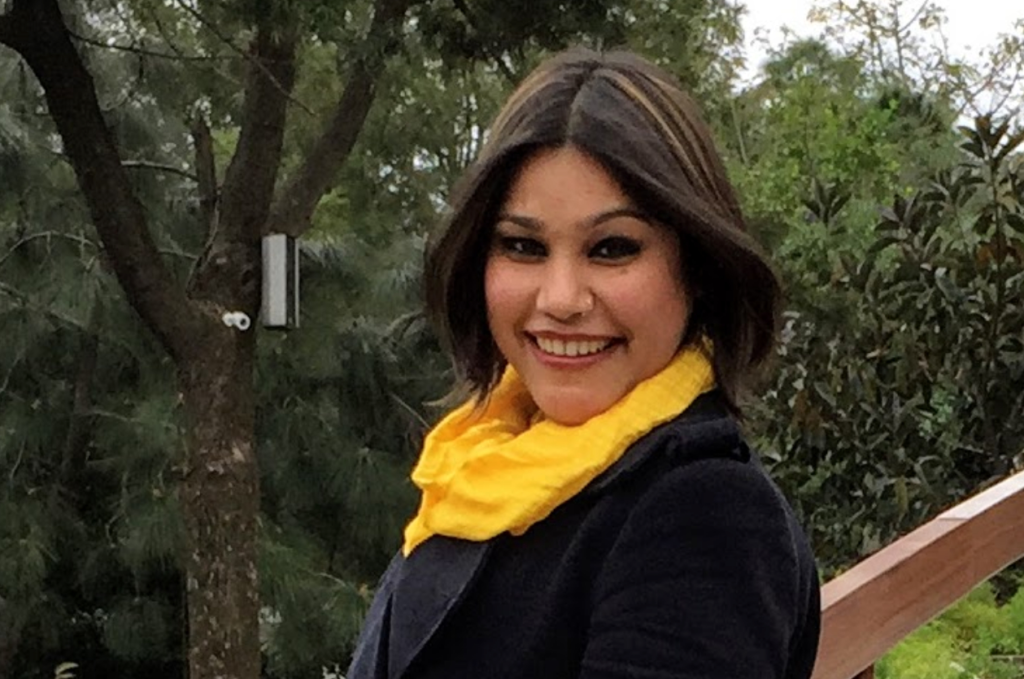Sleep Science is a relatively new branch embraced by sport. It is a small community which is in its infancy stage. And Chandigarh-based Dr. Monika Sharma is among the first Indian specialists introducing it to athletes across the country. “Good days start with good nights. High performance athletes must prioritise sleep if they want to succeed in achieving their goals,” she says.
Since returning to India from the United States a few years ago, she has been working to push sleep as a high performance tool into the mainstream of Indian sport. “I am trying to bring the global conversations about sleep and sport to areas where such conversation has not yet begun. I educate our athletes about the part sleep plays in rest and recovery,” she says.

“Sleep is that function of the brain that is not only preparing you but making you ready for the game,” Dr. Monika Sharma says. “Think about Cortisol levels, think about Human Growth Hormone, repair, restoration, recovery, healing, growth. All the magical, powerful things take place when we are asleep.
“The brain needs time to complete the recovery of the physical and mental aspects. If an athlete wakes up feeling tired lethargic and takes 15-20 minutes to feel fully alert, it is a prominent indicator that things are not going well in terms of recovery. The levels of energy, freshness and motivation an athlete feels on waking up are indicators,” she says.
Expectedly, Dr. Monika Sharma is a passionate advocate of sleep and its unexploited potential. “It is the most untapped contributor to better their recovery and performance. Sleep plays a critical role in getting the athlete ready to compete. The beauty is that it has a direct, measurable and highly predictable effect on player performance,” she says.
“With a basic understanding of sleep science and with the right tools, sleep can be managed the way the other building blocks of high performance like strength conditioning and nutrition etc. are. The right tools of sleep medicine can help high performers to achieve their optimum in terms of recovery and performance and for lifelong health and well-being,” says Dr. Monika Sharma.
Dr. Monika Sharma draws from experience to say that healthy athletes are notoriously poor at self-assessing their sleep. “Many make the mistake of think that the number of hours in bed is equal to the hours of sleep. There is no switch in the brain for us to switch on and off. It needs a lot of preparation and discipline. It starts with prioritising sleep and creating healthy habits,” she says.
“A sleep deprived brain is like a vehicle which has only an accelerator and no brakes. You are insulting your physical and mental system when you are not meeting your daily need of sleep. You have snatched that cost-free opportunity from your brain which comes each night after hours of wakefulness. You have shut the door on that natural, organic and enjoyable opportunity,” she says.
Dr. Monika Sharma stresses that there is no guess work involved in evolving a sleep strategy. “I start by getting some objective data with medical and scientific tests, including EEG which records the brain waves and tell us when your eyes have closed or opened and which stage of sleep one is in and ECG which gives a good idea of recovery. We have a direct lens into the brain,” she says.
Speaking about daytime naps, Dr. Monika Sharma says these cannot compensate consistent high quality sleep at night. “There is only limited catching up that athletes can do. If forced by travel or athletic and social commitments, even such napping must be designed by sleep scientists. It is built into their schedule. Naps work for some but not for others,” she says.
“A watch is only good for telling you the right time,” she says about the rising reliance on wearable technology. “We must be careful with picking up sleep trackers and such devices that the market is flooded with. The accuracy and reliability of the data is crucial. Not all athletes are good fits for such devices. We can’t be making decisions on faulty numbers.”
In the past couple of years, sleep science has got a front row seat of high performance rather than be in the background, thanks to the International Olympic Committee’s online course, Sleep to Compete, focused on the importance of sleep and its impact on performance.
“The NCAA Inter-Association Consensus Document: Mental Health Best Practices has prominently highlighted sleep,” Dr. Monika Sharma says. “These have brought a change in the conversations that have given athletes a safe space to talk about their own sleep challenges”. It has not been a cakewalk for Dr. Monika Sharma, though. “Most athletes I interact with are open to the idea that sleep sets a strong foundation for all other training. We need bold leadership in sports organisations. We need more athletes to come forward and talk about their sleep problems. Most of them are sweeping it under the carpet,” she says.
You can watch the interview here


